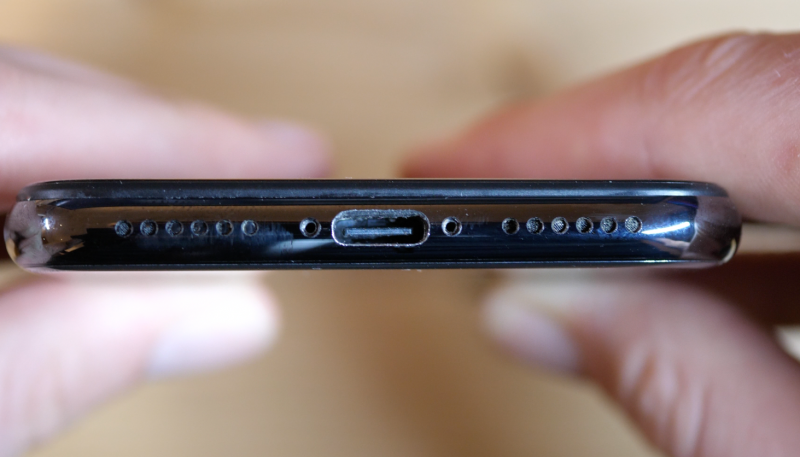In a press release, the European Parliament’s Committee on Internal Market and Consumer Protection has announced that the European Union has reached a landmark agreement that forces a variety of consumer electronics (including the iPhone and other Apple devices and accessories) to use USB-C port charging by fall 2024.
The provisional agreement on the amended Radio Equipment Directive, establishes a single charging solution for certain electronic devices. This law is a part of a broader EU effort to make products in the EU more sustainable, to reduce electronic waste, and make consumers’ lives easier.
Under the new rules, consumers will no longer need a different charging device and cable every time they purchase a new device, and can use one single charger for all of their small and medium-sized portable electronic devices. Mobile phones, tablets, e-readers, earbuds, digital cameras, headphones and headsets, handheld videogame consoles and portable speakers that are rechargeable via a wired cable will have to be equipped with a USB Type-C port, regardless of their manufacturer. Laptops will also have to be adapted to the requirements by 40 months after the entry into force.
The charging speed is also harmonised for devices that support fast charging, allowing users to charge their devices at the same speed with any compatible charger.
The directive will require all consumer electronics manufacturers that sell devices in Europe to use a USB-C port on their phones, tablets, laptops, digital cameras, headphones, headsets, handheld videogame consoles, and portable speakers. Only devices that are too small to offer a USB-C port – such as smart watches, health trackers, and other devices and accessories – are exempt from the directive. However, the legislation will be expanded to other devices like laptops over time.
Apple uses the Lightning connector instead of USB-C on many of its devices.
The legislation still needs to be formally approved by the European Parliament and European Council later this year. The regulations come into force 20 days after publication in the EU Official Journal and its provisions will start to apply to new devices after 24 months.
It is claimed that the EC’s move will reduce electronic waste, address product sustainability, and make it more convenient to use different devices.
(Via MacRumors)


